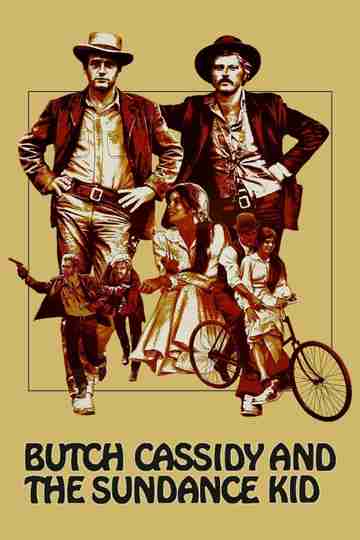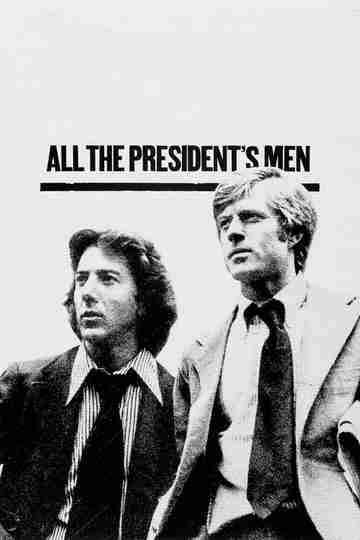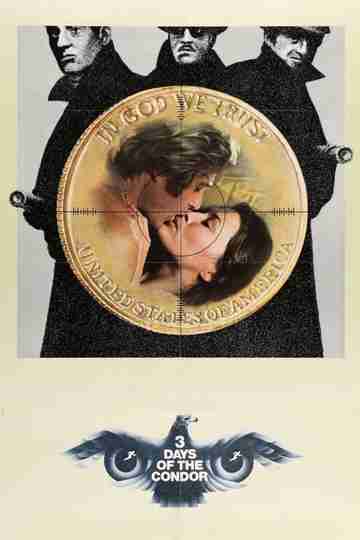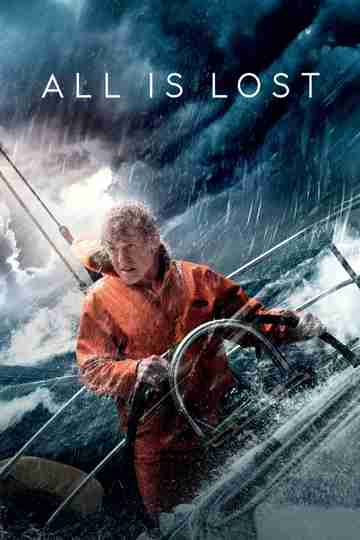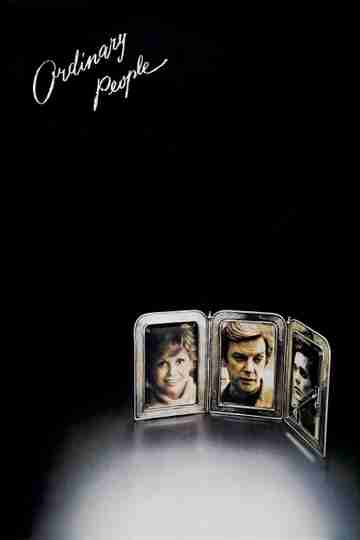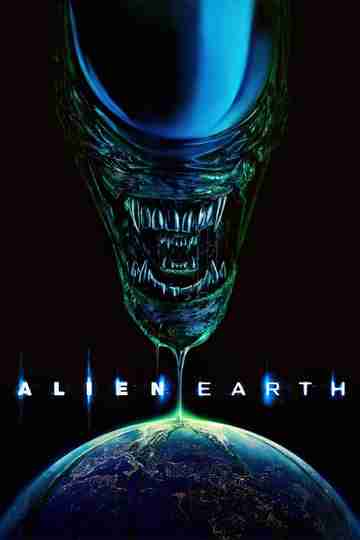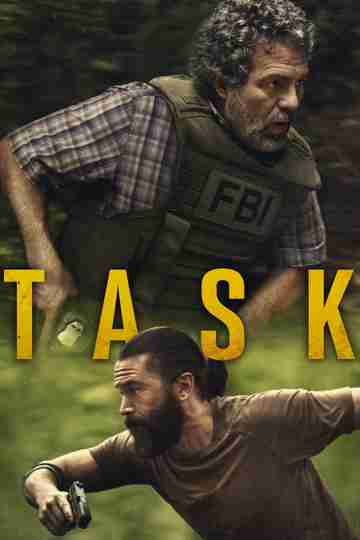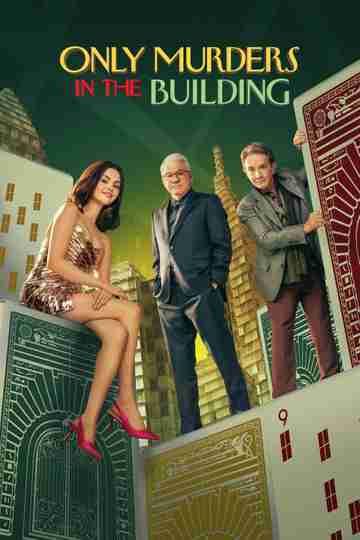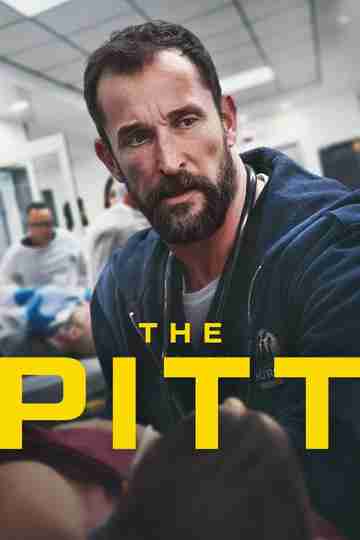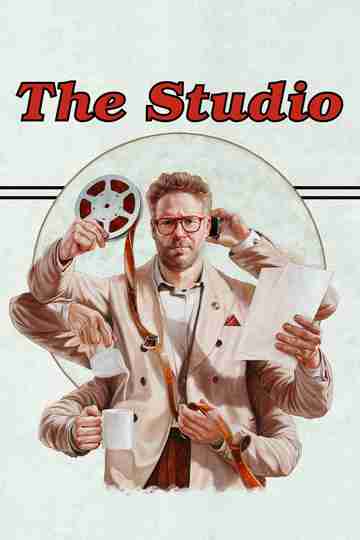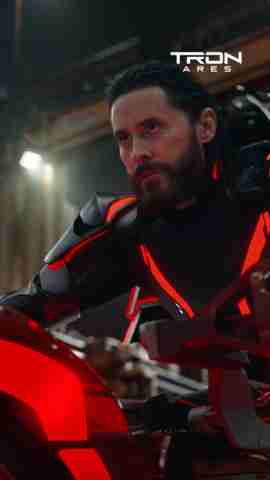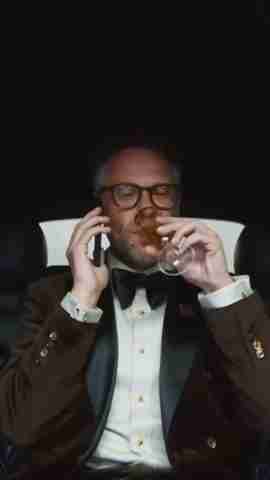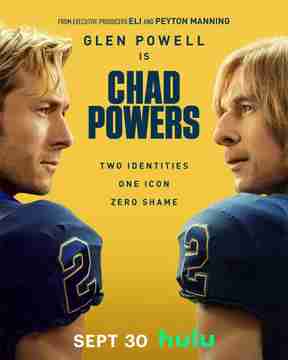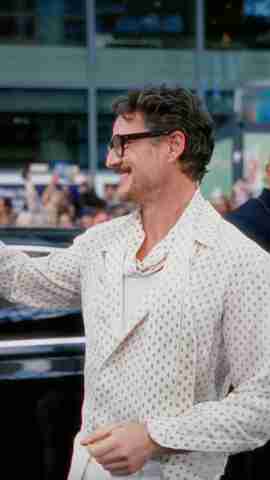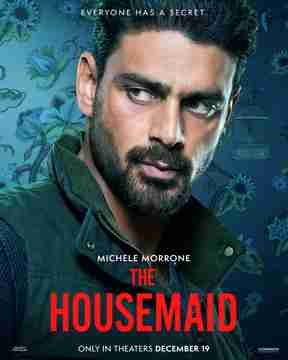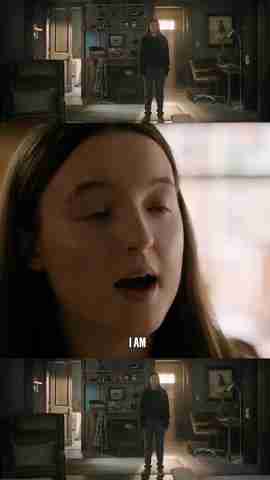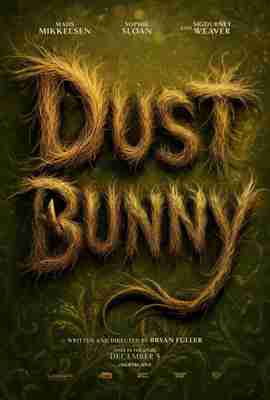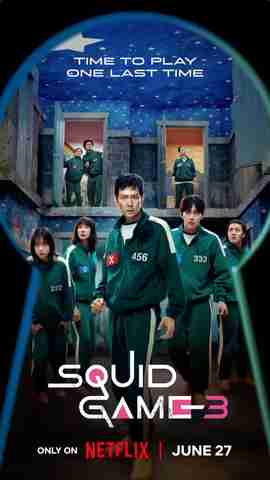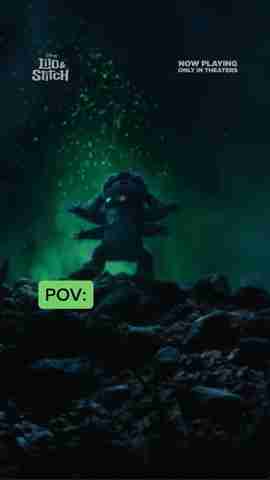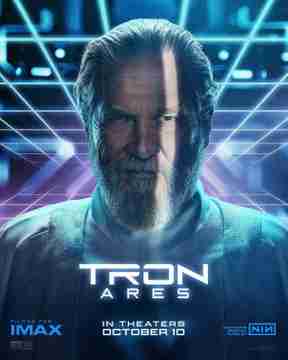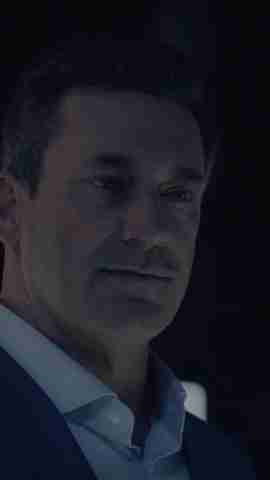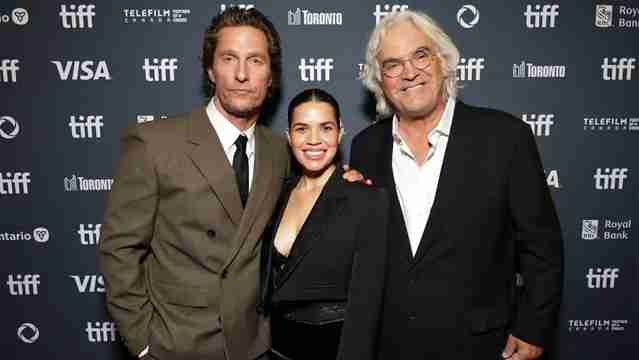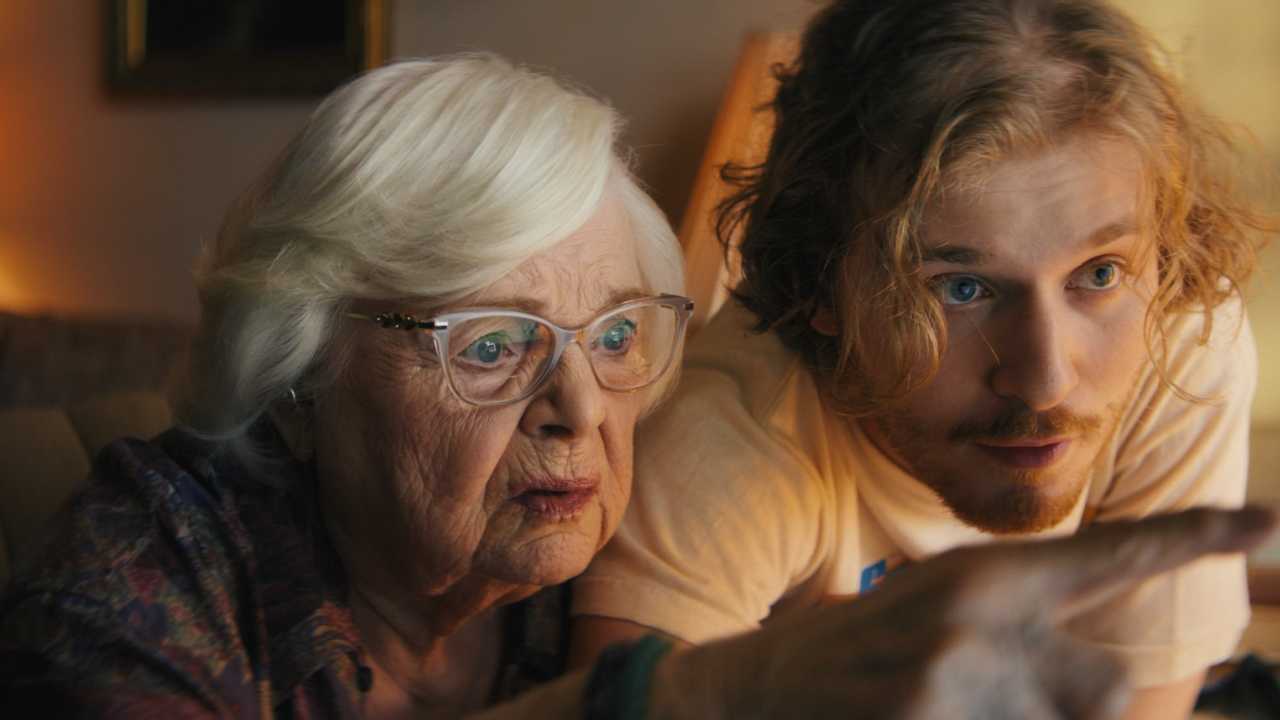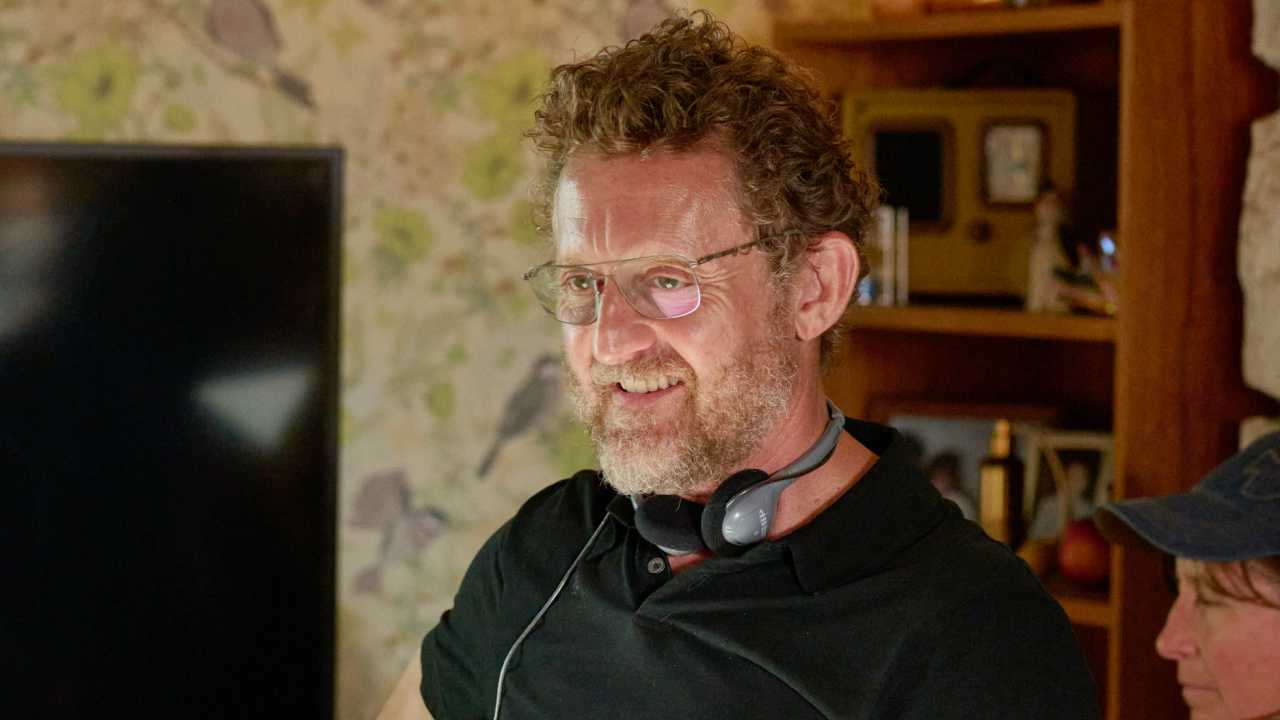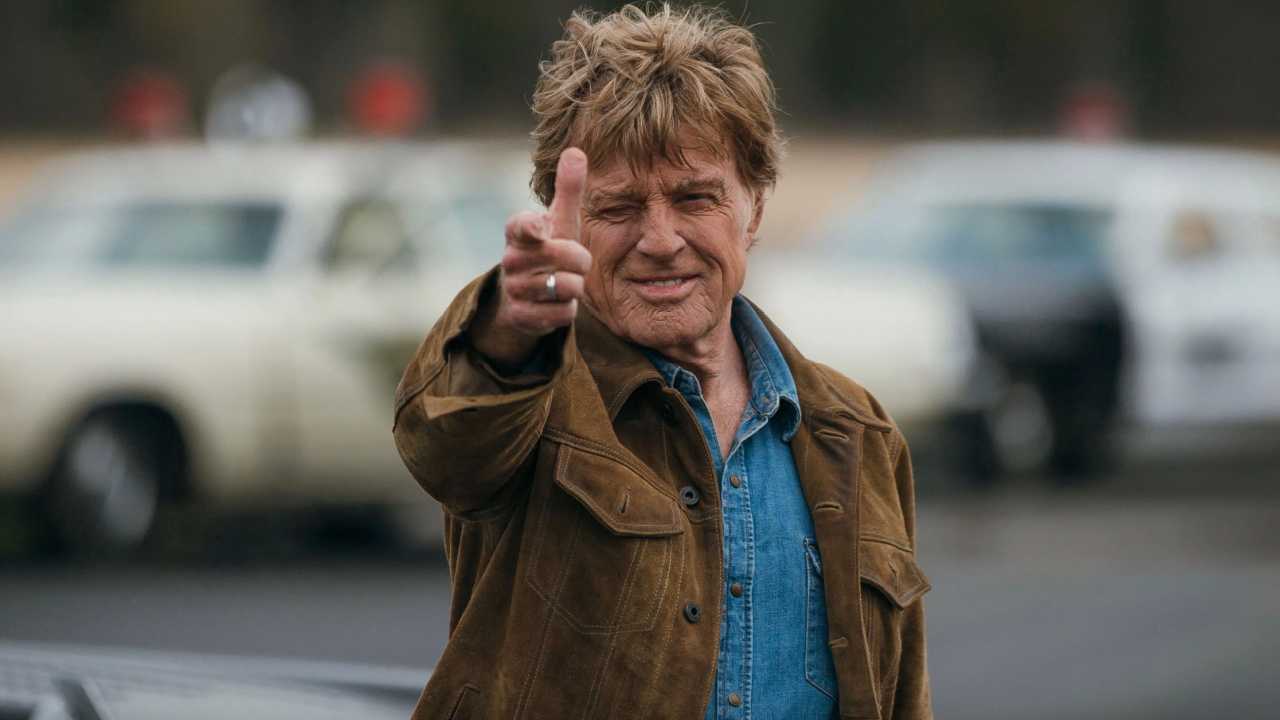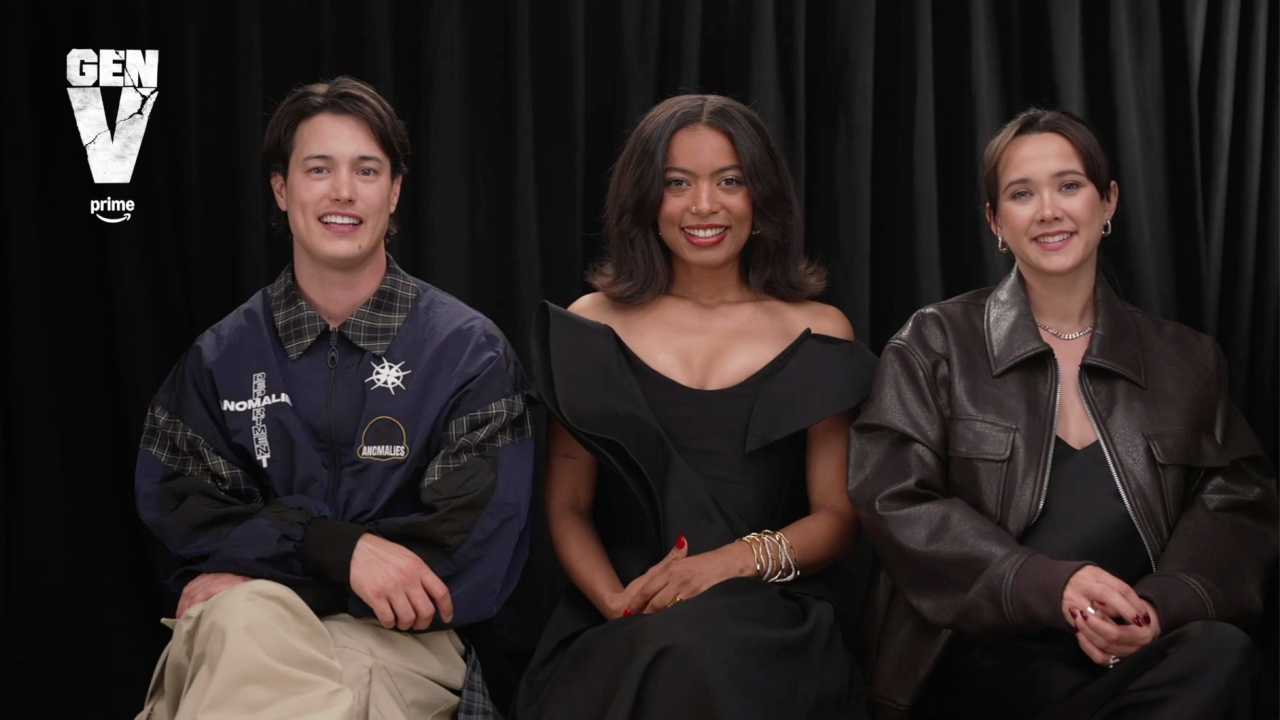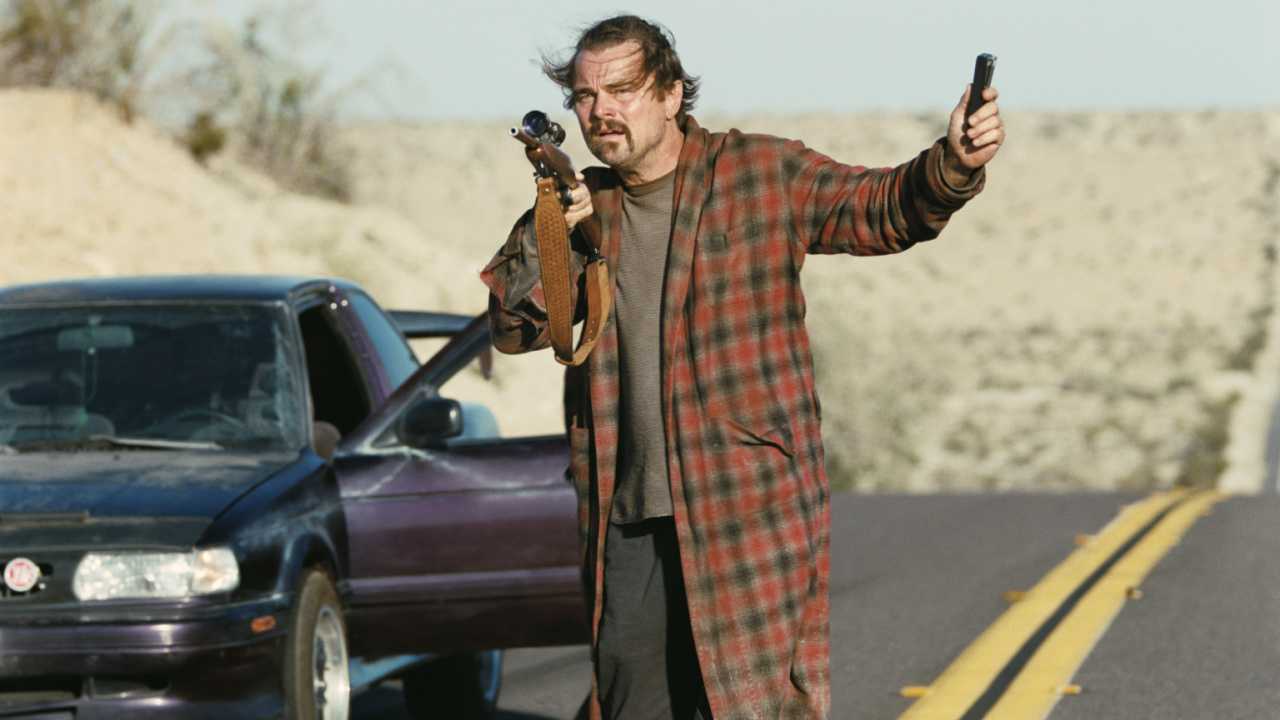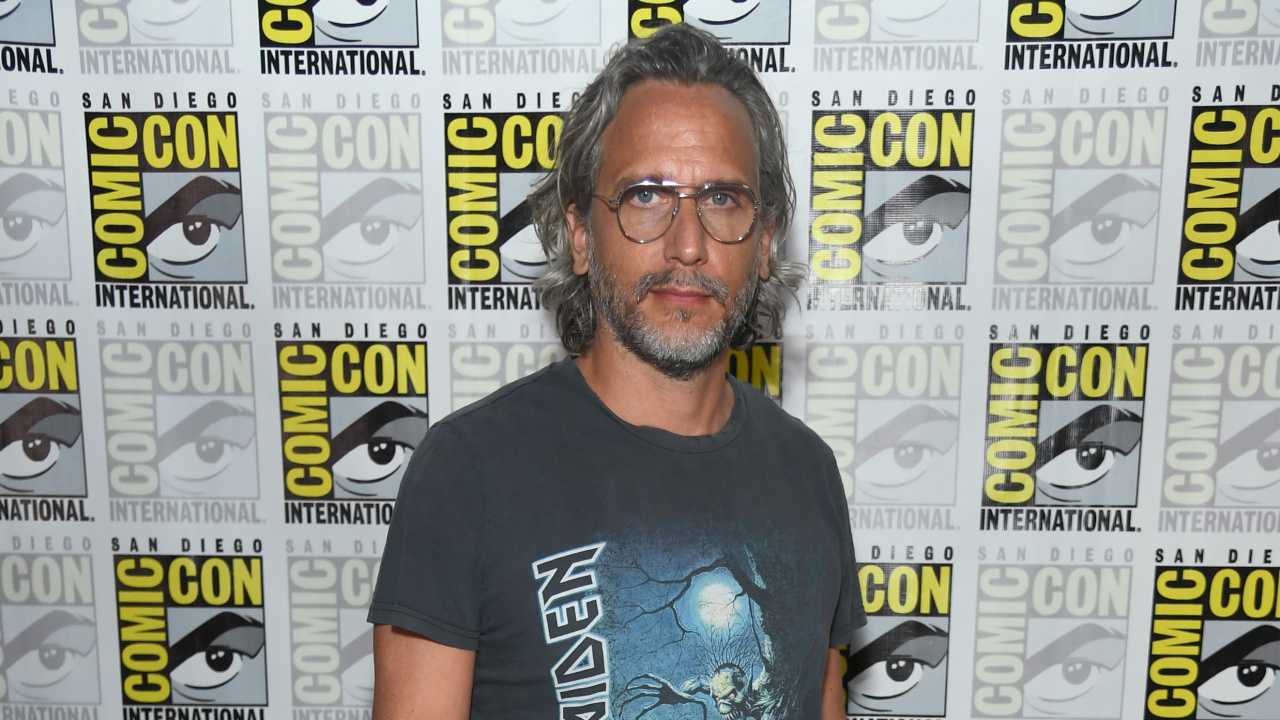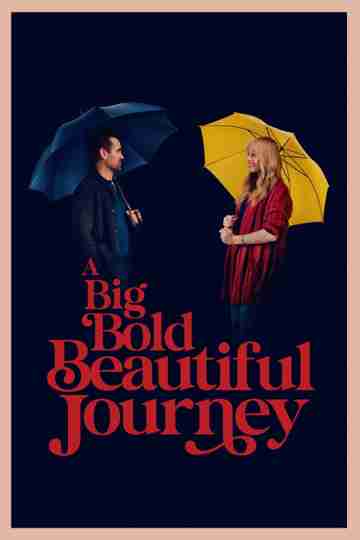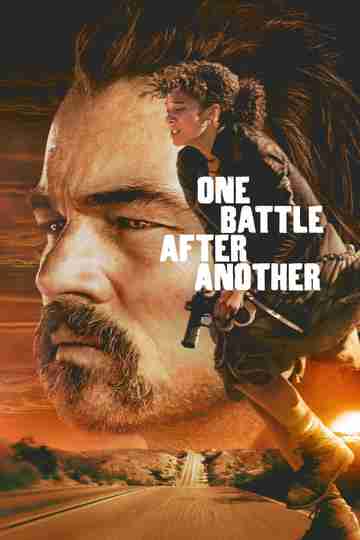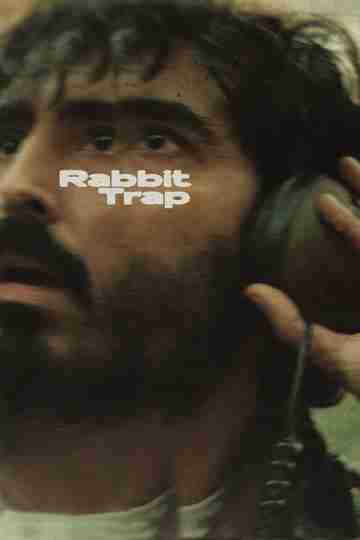'Time After Time' Stars Stroma and Bowman Embrace History On-Screen and Off
"Time After Time" stars Freddie Stroma and Josh Bowman have to deal with some serious history -- as much off-screen as on.
Not only do the two actors have to bring to life two of the most intriguing and legendary real-life figures from the Victorian era as they journey through time -- the pioneering science fiction novelist and futurist H.G. Wells and the still-enigmatic serial killer Jack the Ripper, respectively -- they also have to do so in the shadow of the two renowned actors, Malcolm McDowell and David Warner, who originated the roles in the 1979 cult classic film the TV series is based on.
But the two British gents are more than game for the task, as they revealed in a candid chat with Moviefone -- as well as disclosing the very specific time and place in American history where they'd both like to take a time-traveling vacation.
Moviefone: I discovered the original "Time After Time" movie when I was maybe 11, so I'm very fond of it. How did it hit you guys, and what were your takeaways, seeing it now?
Freddie Stroma: We read the script first. We watched it after. I read the first and then watched it. So for me, it was in '79. So the first thing you notice, I think anyone would notice now, it was in a different time period of filmmaking. Certain aspects are a little slower. It was from the '70s. It makes sense. And obviously the special effects [then] -- that's as it was.
Josh Bowman: We've taken it and modernized it. Better or worse, I don't know about any of that. We've modernized it and made our own version for television. Hopefully it's a fun journey for the audience. We go on this crazy adventure. We've changed the setting Manhattan instead of San Francisco and it takes place over 12 episodes, so we really stretch it out.
As you started building your versions of these characters, tell me where you started. What were the things that initially as you were analyzing it, knowing that there is an H. G. Wells to look at, knowing that there's at least Ripper lore to look at, how did you start creating these characters?
Stroma: It started with what we had on the page. I think they were both pretty specific on the page. The main thing that I saw from H. G. Wells that was definitely in Kevin [Williamson's] writing was his obsession with utopia. I think we really ran with that. I think that's kind of his through thing, is his absolutely innocence.
So he really believes in that utopia, and that plays every scene. He just constantly believes the best in people, and he still believes the best that he will own up, and he will come back, and he will do what is righteous, and that to me has been the biggest point of H. G. Wells.
Bowman: Kevin definitely created these two characters, and I think they're quite different from the movie. He's very much the protagonist, and I'm the antagonist, and you see that. But you also see this relationship that's important throughout, the relationship between these two characters.
I'm playing a fictional character, effectively, so we read the novels of H. G. Wells. I read into some of these guys, types of people who did these heinous things, psychopaths. Kevin knows how to write for some of these things -- he's done it for a long time. There's bits of "Scream" in this.
Hell, there's probably bits of "Dawson's Creek." There's a great love story with these two. It's really romantic and beautiful, and I'm in there to try and mess it all up. We had a lot of fun in New York. It was a great place to go and shoot. Like Freddie said, what was on the page. We try to influence whatever we could.
By coincidence, I recently interviewedNicholas Meyer, the writer and director of the original. One of the things that he said, in the way that Wells is struggling with this lack of utopia, the dystopian qualities of our society now, the Ripper had just come home, in a sense. Did you find that?
Bowman: Yeah, definitely. He's in awe when he comes across bar with women wearing revealing dresses, and cleavage is out, and they have all sorts of amazing makeup. Even the figures are different, and all sort of different shapes, and sizes, and colors. It's honestly like a kaleidoscope of people for him. So yeah, he's definitely taken away with that, drug use, alcohol. Everything is completely different. Yeah, he definitely goes into that world wide-eyed and taking it all in, drinking it all in.
Because the love story is part and parcel of what "Time After Time" has been, Freddie, tell me about finding what you needed to find there -- working with Genesis Rodriguez to get that spark and that rapport that you guys needed, and carry it forward past where we know the setup of the story's going to be.
Stroma: To me, it comes down to the fact that H. G. Wells is in such a place where he's so upset about utopia not being in the future, and he keeps meeting people that don't really help him. And then suddenly, he finds this woman who is kind to him, and it's this weird glimpse I think into, "Wait, there can be a utopia," and she's this strong woman who shows strength and kindness, and feminism is something that he's never really experienced before. I think that was key, really, to why he is so drawn to Jane, and then she's intelligent as well. All those aspects which make her very attractive to him.
Did you guys see any character bits in Malcolm McDowell's or David Warner's performances that you were like, "I'm going to remember that and keep it in my back pocket, and maybe use it to inform something here or there."
Bowman: I can't compare myself to him! He's unbelievable, so I did the best with what I could. I think they were great in the film. We try to do the best we could under all the circumstances, and also try and create something that's different. It's definitely younger, a lot younger than what they were.
Stroma: I couldn't steal anything. There's nothing I saw that I was like, "Ooh, I'm going to save that." But I would have done so if I'd suddenly seen something that would work for us!
Bowman: The deep underbelly of it was very similar. He believed in this utopian society. I was a bit more of a realist and excited to see this new world, and ran amok. And like him, I shaved and changed my look. We went from quite a different look. We started in a very period look and went to a very, very modern look. But also the modern look now is different from the '70s, right? It's probably a bigger jump. It's a timeless piece now, Malcolm McDowell and David Warner and Mary Steenburgen.
Stroma: There was one moment: there's a scene in the hotel where he comes up. I was definitely struggling with how much this man is in love with utopia, and he really believes the best in people. He would just walk up to Jack the Ripper and say, "All right, we're going now."
I was worried about that level of wide-eyed, sort of positive belief, as opposed to just idiocy -- it's like, "You know he's a killer. You must have that intelligence, social intelligence to understand that." So it helped seeing it in the movie going, "OK, yeah, I can do that. That sort of makes sense. I have to play him as if he's that sure."
Ever since the real H. G. Wells pretty much invented the time-travel story, it's been a fascinating concept and it's been great for books, and movies, and TV shows. Either in visiting an era that you never had access to, or the possibility of correcting a mistake in your own past, what is it that appeals to you guys most about the time-travel concept?
Stroma: I think it's a similar thing to magic movies and the rest of it. I think it's power. People like the idea of going back with knowledge, and you can tell people things. And then the other aspect is someone will go to the future, which is just seeing what they would think of such things. Would they frown upon the things we do, or would they marvel at it? I guess we kind of do a bit of that.
To me, I think it's always the idea of knowledge. It's exciting to know what the future has in store. Or it's fun to have the power of knowledge to go back and know what's going to happen. You're almost a deity of sorts. You can tell the future. I think it's the same as magic movies. People love, "What if? If you could cast any spell, what would you do?" Same with superheroes. If you had this power, what would you do? It's that what if thing.
For yourselves, for your own curiosity, is there an era that fascinates you? Is there a place that you would love to go and visit if time travel existed?
Stroma: I think '50s America --
Bowman: Rat Pack!
Stroma: Oh yeah!
Bowman: Walk around with Sammy Davis, Jr., Dean Martin, and Frank Sinatra, go to Palm Springs when Marilyn Monroe was there, Brando was coming up --
Stroma: America in the '50s!
Bowman: Imagine rolling the dice in Vegas with them. Imagine smoking cigars, drinking Scotch. I always say I'd be there in a heartbeat.
Stroma: Yeah. I said that at Comic-Con for my answer and [director] Marcos [Siega] and Genesis just kept laughing at me. I was like, "Why is that weird?" It's an incredible time!
Bowman: It's a guy's thing. It's a classy time. I suppose that's when America was at its greatest. For sure. We've all lost our [swagger] now, everyone. Not just America: the whole f*cking world. But back then, movie stars were movie stars. There was class. There was integrity.
Stroma: It was an economic boom. Things were happening. There was innovation It's an incredible moment in history in America.
Bowman: Music is great now, but music was amazing. And acting, that's what it's like to shift as well from "the stage" to people who were just like embodying characters, inhabiting characters, and you're like, how do they do that? Brando, James Dean, Monty Clift. All those amazing actors. Yeah. "[A] Streetcar [Named Desire]," to me, that was the time acting in movies changed -- it was Brando in "Streetcar," coming in and going, "Wait, he's being real." And you look and you go, people do that now. People weren't doing that back then. He was so present.
Really, the key relationship in this show is the two of you. Tell me about finding your give and take as actors as you started playing the role and circling around each other.
Bowman: Straight off the bat, it was fairly easy, for me anyway. I think the majority of the time it was get what we need from the scene and why we're saying what we're saying, but we already had a rapport to do that. We had fun. It's not uber, uber drama, but it is in a world that's dramatic. At the heart of it, there's a lot of banter, a lot of give and take, push and pull, and we both provide that I think -- I hope -- for the audience.
Stroma: Also, we're not just playing friends. We're playing two people who every scene we have with any other character, they're from a different time period. So whenever we have a scene together, we are finally speaking to someone who's from our time period. So we can actually connect in the way that we are used to. That's why I love those scenes with us.
"You're a psychopath, but you get me."
Stroma: "You're crazy, but you know who I am."

